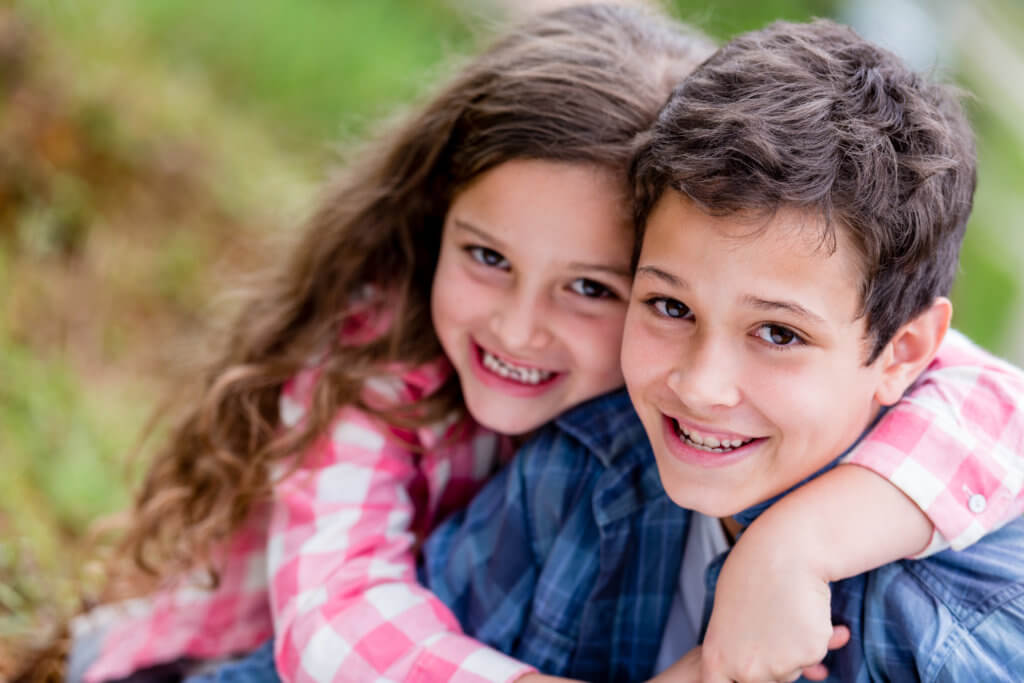As a parent, you may be wondering things like how do I explain the Coronavirus to my child? And how much do I share with them? With the media and schools informing your child about the panic of this pandemic, they might be feeling a loss of control and quite anxious. We’re here to help, here are some things to consider when talking to your child about the Coronavirus.
Ages 4-6
- Keep it simple!
When informing your young child about the coronavirus, keep it simple! Give your child information that is truthful, but make sure it is appropriate for their age and developmental level.
2. Consider what they may know about the Coronavirus
Young children pick up on conversations around them and do their best to understand the information they are hearing. It is important to consider that your child may have some frightening ideas about the Coronavirus. Do your best to provide the comfort and reassurance that they may need.
Ages 7-10
- Ask your child what do they know about the Coronavirus
By this time, your child is more than likely aware of the Coronavirus. However, that may have a misunderstanding of the Coronavirus due to what they have picked up from conversations around them or at their school. This age group tends to express their concerns in a dramatic way to help cope with how they are feeling, acknowledge this by starting off a conversation. Be sure to ask them what they know about the Coronavirus, this helps create a foundation for you as a parent to build on.
2. Remain Calm and Reassuring
Your child’s anxiety may be heightened because of this, be sure to remain calm because they are able to pick up on cues from conversations. Your child is looking for reassurance and safety from you through this conversation.
3. Answer their questions in an honest and accurate way
Children are curious and will have questions about the coronavirus, give them a safe space to ask questions that they may have. It’s important to be truthful when answering their questions.
Ages 11-13
- Ask your child what do they know about the Coronavirus
By this time, your child is more than likely aware of the Coronavirus. Start off a conversation by asking them what they know, this helps create a foundation for you as a parent to build on. You may notice that your child is starting to internalize their feelings and fears about the Coronavirus, a conversation about what they know offers them a safe space to talk.
2. Remain Calm and Reassuring
Your child’s anxiety may be heightened because of this, be sure to remain calm because they are able to pick up on cues from conversations. Your child is looking for reassurance and safety from you through this conversation.
3. Answer their questions in an honest and accurate way
Children are curious and will have questions about the coronavirus, give them a safe space to ask questions that they may have. It’s important to be truthful when answering their questions.
4. Discuss reducing their exposure to television, the internet, and other forms of media
Monitor your child’s television viewing and social media to ensure that they are not being told inaccurate information. Your child should not be hearing information designed for adults because they may not be able to process and understand it which may lead to more confusion and anxiety.
What to do if your child’s school closes:
If your child’s school is closed because of the Coronavirus, try your best to maintain a normal schedule. Children work best when they have a schedule and know what is happening around them. If their schedule is changed, they will likely experience anxiety. Keeping a remotely normal schedule during this time will provide a sense of reassurance to your anxious child.
If your son or daughter begins to show anxiety, counseling can often help. Schedule today by calling us at 704-457-7834.

